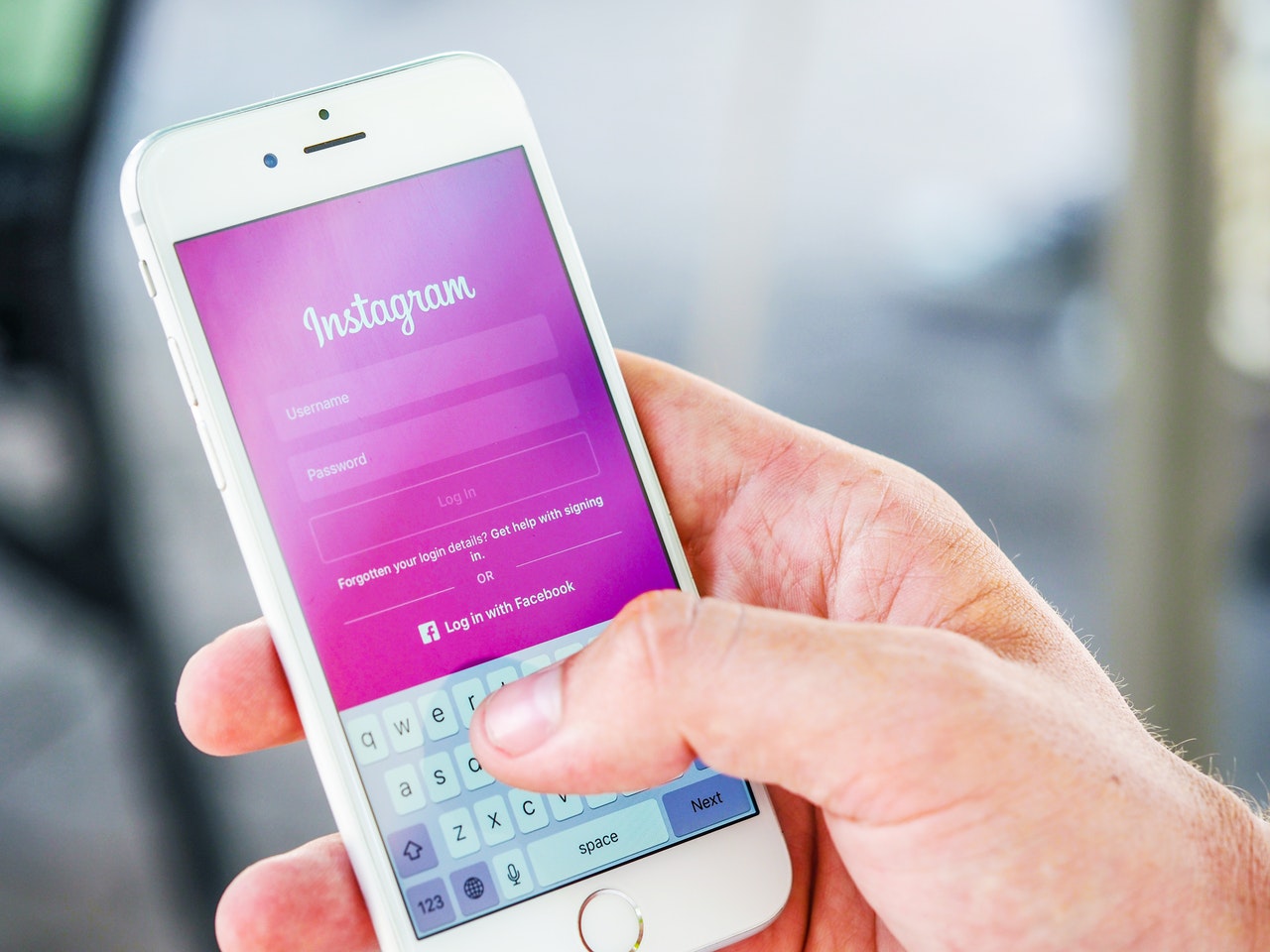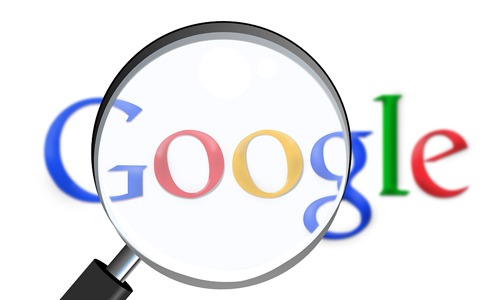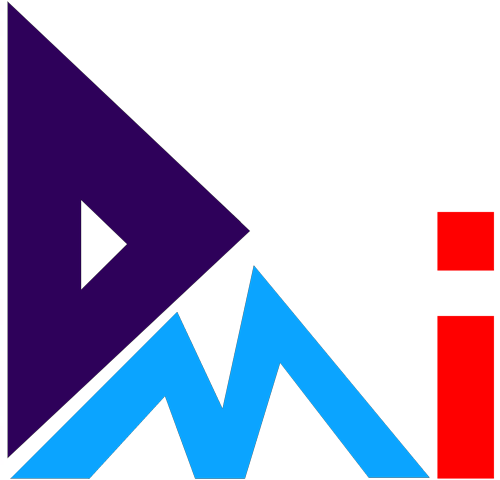
How Important Is Social Media For Your Business?
How Important Is Social Media For Your Business?
Posted in Social Media by Digital Marketing Insights on May 4, 2016.
Where Are You Situated in the Conversation?
If you don’t like social media, then you’re going to like irrelevance even less.
Social media is where your friends, employers and customers are hanging out. According to the Guardian (2015) Social Networking is now the most participated online activity.
Sensis (2015) revealed the current state of play in Australia. In regards to social media use, the following was found:
- About 50% of all Australian’s, and 79% of those aged 18-29 years access social media daily.
- Facebook dominates the social media space in Australia, capturing 93% of all social media users.
- On average people spend approximately 8.5 hours per week on Facebook. (That’s more than a full working day being spent on just Facebook by each Australian every week!)
The study also found that Australians were active on LinkedIn (28%), Instagram (26%) and Google+ (23%). Add to this the time people spend on popular blogging platforms such as Reddit, Stumble Upon, and social video platforms such as Snapchat and YouTube and you see how entrenched social media is with everyday life in Australia.
How Does Social Media Effect Your Bottom Line?

From a commercial perspective:
- 32% of Australian follow brands and businesses.
- 20% of these people access offers and promotions.
- 48% of consumers who used social outlets to research products and services made a purchase decision based on their experience over social media.
What do these statistics show?
People want to engage with you and your business over social media. They will buy from you if what they like what they see.
Here lies the opportunity for you and your business. Amazingly, only 31% of Australian businesses actively operate a social media engagement strategy. With social media participation forecast to grow year-on-year, you should be looking to move into these markets.
Let’s take a look at what a social media engagement strategy can do for you and your business.
What Can a Social Media Engagement Strategy do for Your Business?
Humanise your brand
There’s a saying that gets thrown around in business circles: “people like doing business with other people, not with companies”. Social media is the tool for you to increasingly humanise your brand online. This is through online social engagement.
Social media is where your customers are hanging out online. It’s the social space where ideas and opinions are exchanged and relationships forged. Why not use this to improve the way you do business through social learning?
Improve your offering through social learning
Grasp the social norms, rules and traditions of your target demographic first-hand through social engagement. This includes both social listening and social posting. Ultimately, through engaging in the online social space you’ll learn how to better engage your target audience.
Learn how your audience talks, what they share and how they share it. See what people are expressing about you and your competition. Understand both your fans AND detractors to better shape your business.
Keeping your ear to the ground will allow you to make more informed and strategic business decisions. Knowing what your audience is saying and how they are saying it will allow you to improve your business’ offering. You may even find a demand for something your competitors are missing that you can provide!
A specific example of how you can optimise your brand and market offering
For example, you can monitor user comments to see what people think of your business directly. You can segment your content based on topic and see which types generate the greatest interest. Then you can produce more of that type of content. You can measure conversions based on different promotions posted on various social media channels and eventually find the most effective combination to generate greatest revenue.
What are People Saying About You When You’re Not in the Room?
listen in on social media
For better or for worse, tracking people on the internet is a thing. Social media is no exception. Have you ever researched who is talking about you or your brand online?
Take a look!
The simplest way to do this is by exploring your social platform using its navigational features. For example, you can
- Search trending hash-tags in Facebook, Twitter or Instagram.
- Check the profiles of salient influencers to your target demographic.
- Browse the profiles of people that have liked your page or competitors’ pages.
Social mention analytical software
There’s a suite of analytical software packages that allow you to track mentions of your brand or keywords of your choosing too. You can chart popular phrases, be alerted to questions that you can answer and also be alerted to new ideas and trends so that you can improve your product-market fit.
If your interested, I highly recommend checking out the tools below. All are publicly available or have free-trials.
I suggest that you create both brand related AND product related alerts. Geo-code them with the localities you provide your services in to better consolidate your efforts into manageable size.
Reaching Out and Responding to Your Audience
Customer service on display
According to Forbes (2013), 71% of consumers who experience a quick and effective response from a business on social media are more likely to recommend that business to others. If you pride yourself on your customer service, this is easy pickings for you. By answering customer queries and concerns you are both shaping and promoting your business and brand.
Your customer interaction on social media publicly demonstrates your service level. For example, if a customer complains about your product on Facebook you can immediately address the comment, apologise publicly, and take action to make it right. Or, if a customer compliments you, you can thank them and recommend additional products. Customer experience is enhanced and advertised.
Build your community, create your tribe
Your fans and followers opt into hearing your unique voice (at least in regard to organic posts). It is not disruptive like paid advertisement. Rather you are like a friend interacting with them.
You should respect this relationship if you want your audience to stick around. Instead of telling people you are a rockstar, show them you are a rockstar! With the rise of ad blocking, this is a powerful tool in your marketing arsenal.
Create brand advocates and ambassadors
Social Media can activate your audience to be your brand advocates. Social media has increased the speed content is published and consumed. You too can create viral word-of-mouth buzz and increase your exposure.
The content that you create and curate goes a long way to building your community of followers. But you can fast track this process by investing in paid advertisement and promotion. Similarly, you can reach out and network with salient influencers in your target demographic.
Don’t just collect a fans – activate them!
The most effective brands who use social media do far more than collect fans, connections and followers like baseball cards. They actively produce and ultimately drive purchasing decisions. Respecting the social environment, they build personable relationships and genuinely aim to enrich their audience’s lives.
An effective social strategy focusses on providing value to your audience. Examples of this can be assistance, curated content, or other news, tips and hacks. If you add value your community will grow to appreciate and trust you. Trust and authority are important elements of any purchase decision.
Boost Your Visitor Traffic Through Search Engine Optimisation (SEO)

Why are so many people getting into blogging?
A solid social media strategy combines content marketing with search engine optimisation (SEO). The easiest way to do this is through your blog.
Syndicating your content across your social outlets will give you an initial increase in visitor traffic. But this will not last. Even the most viral content diminishes in generating traffic over time.
Publishing original high-value content on your website increases your long term gains. If your content is search engine optimised for the right keywords and is set up correctly on other SEO principals then you’ll see sustained organic visitor traffic. Core reasons for this are:
- Increased “freshness” (aka updated regularly).
- People link back to your content.
- Increases high-quality inbound traffic. People coming to read your content via social posted links spend more time on your site than other referral traffic, on average.
How will blogging affect your bottom line?
Some interesting facts about blogs.
- 34% of Fortune 500 companies now maintain active blogs, the largest since 2008. (Forbes, 2014)
- Every month, an average of 329 million people read blogs.
- 37% of marketers say blogs are the most valuable content type for marketing.
- Companies that publish new blog posts 15+ times per month (3-4 posts per week) generate 5x more traffic than companies that don’t blog at all. (NewsCred, 2013)
With statistics like these it’s no wonder that 17% of marketers actively sought to increase their blogging efforts last year. (Forbes, 2014)
Don’t Put All Your Eggs in One Basket. There’s Some Potential Downsides of Social Media Marketing Too
You need to have a plan
Social media may not be suited to every business. Like with any form of marketing, if you are unprepared and launch your social media presence without proper planning, you could waste valuable time, effort and money.
For example, say you make your big launch and attract a following. Then, you suddenly stop engaging with the community without warning. You’ve just abandoned your friends! You’ve broken, or at very least damaged, the social relationships that you’ve spent your hard work and resources building.
Watch out for the rouge keyboard warriors
Unlike a blog, comments on most social platforms are published without your direct approval. Whilst you can influence what people say about you, ultimately what people say about you is their decision. This runs the risk of unwanted or inappropriate behaviour on your site, including bullying, trolling and harassment.
Regular monitoring of your profiles reduces this problem. Preparing a social media policy and emergency procedure beforehand helps mitigate your risk. Moreover, as I’ve discussed above, you can turn a “negative” into a “positive” by taking positive affirmative action to resolve issues which will both increase and advertise your customer service level.
Social Media is a Rented Platform
Unlike a website, your social media account is a rented platform. You do not own it and you must abide by the rules of platform administrators. If you’re particularly “naughty”, then your profile will be taken away form you.
Owners make rules, not tenants
LinkedIn and Facebook are an important part of my online marketing. But they aren’t integral. Social media platforms are too fickle for that. It’s an ever evolving landscape that can’t be predicted.
What thrives today might be gone tomorrow. Myspace once reigned supreme in the social media space. Now it’s all but gone. Twitter too now faces increased pressures to remain viable. (Because they only made $590 Million USD this quarter instead of Wall Street’s dream of $610 Million USD!).
I’m not saying that you should be ignoring social media. Far from it. I think its a great publication outlet and if used appropriately you can get a lot form it. Use of social media platforms should fall in-line with a larger marketing strategy. One that doesn’t rely heavily on uncontrollability and allows you to stay adaptive in an ever-changing landscape.
For example, Facebook consistently amends its algorithm. Recently they have reduced business’ organic reach in favour of paid advertising. People that had invested heavily in building a large followings went from having millions of people viewing their posts to thousands after Facebook changed the rules.
Building your email list should be a priority. Social media is a great resource for this as you can convert your followers to email subscribers. It might not be as hip or trendy as social media, but an email list is truly one of the strongest assets you have as a business owner because it’s yours.
Summing Up, How Important is Social Media for You and Your Business?
It’s definitely important, but don’t rely on it
Social media is a powerful tool in your marketing arsenal. It’s the online domain where the vast majority of today’s population interact daily. It’s where you can both shape and advertise yourself and brand.
Social media is clearly here to stay, but unlikely how we currently see it because it’s a fluid ever-evolving landscape. Platforms are becoming increasingly ephemeral and this is something that you should be taking into consideration by including social media into an adaptive broader marketing strategy.
Whilst you cannot absolutely control what people say about you, you can influence. So, how are you situating yourself and your business in the conversation?
If you would like help with your social media and broader digital marketing strategy, feel free to get in contact with me. Discover how I can unpack your digital marketing so you can get more leads and sales coming through to your business. Leave a comment if you have any thoughts or questions!
More Information About How Important Is Social Media For Your Business?
For more information about How Important Is Social Media For Your Business?, or any other digital marketing related questions you might have please get in touch.

